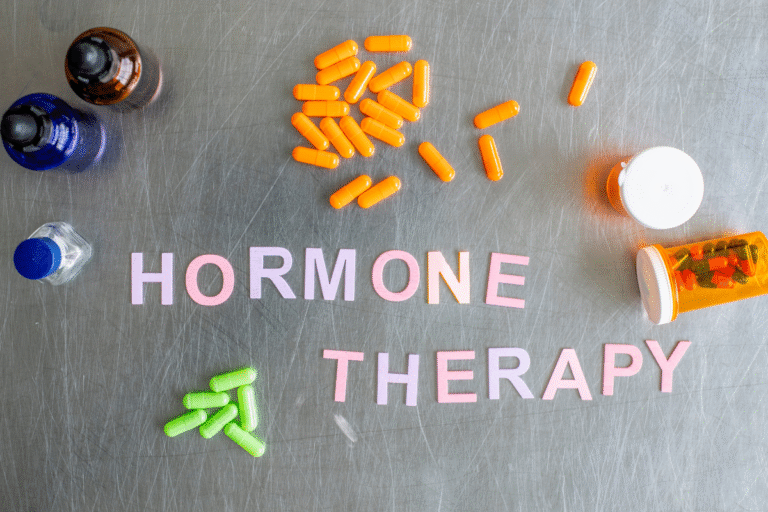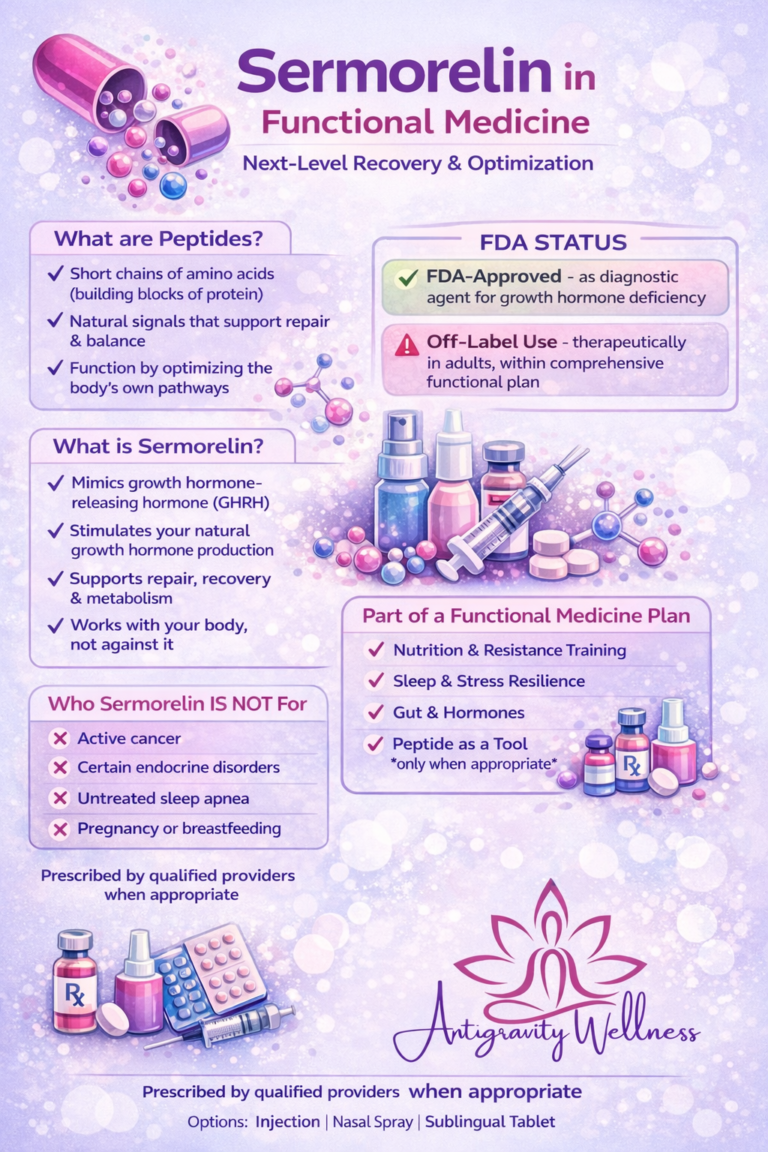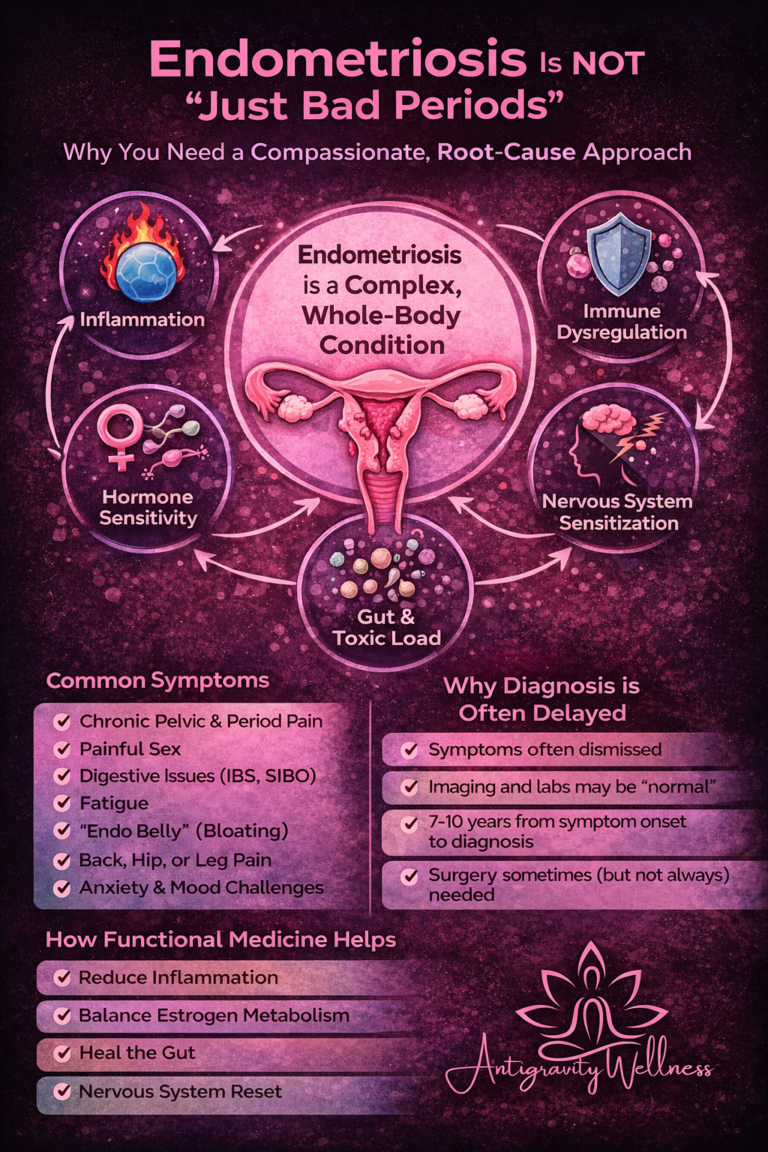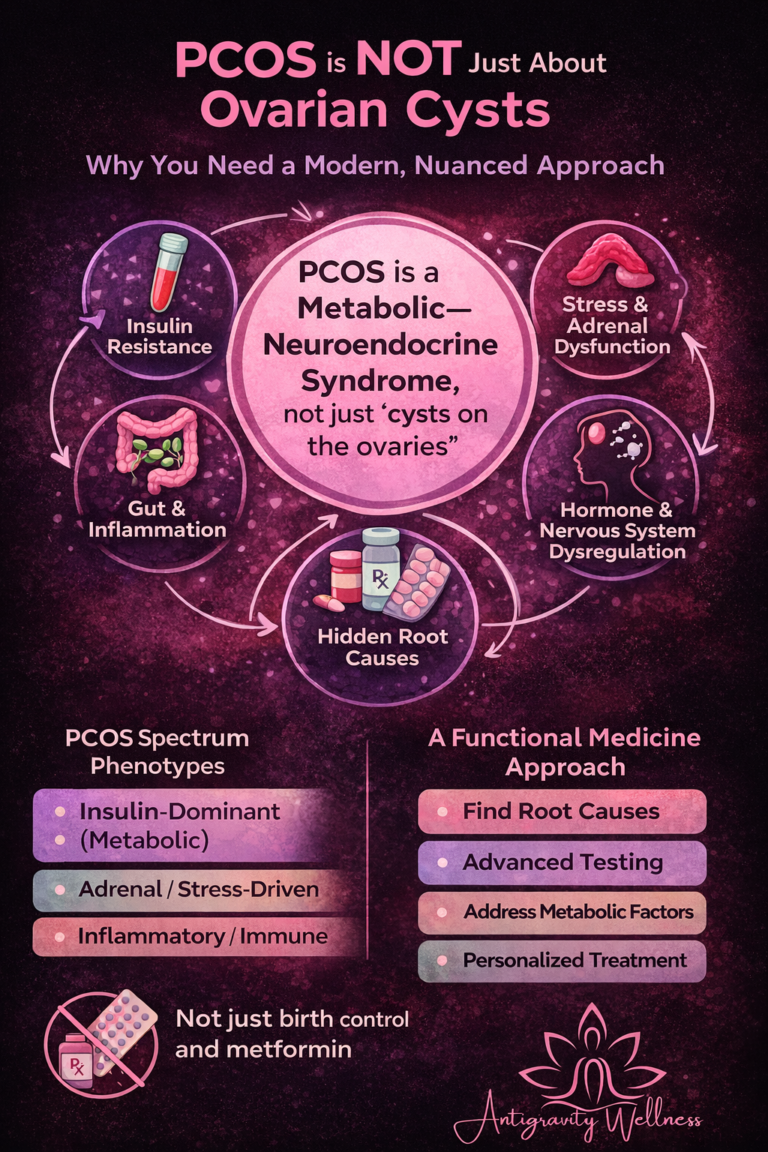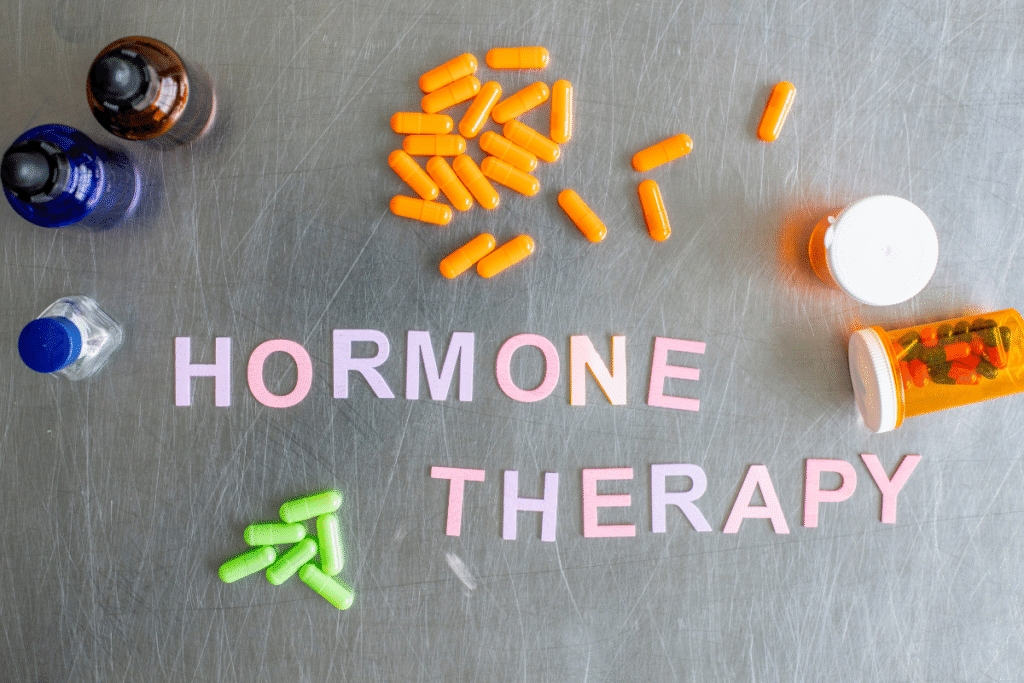
In the digital age, it’s easier than ever to find health information—but that doesn’t mean it’s always accurate. In fact, many articles making bold or frightening claims are rooted in bias, poor interpretation of research, or a vested interest in selling something.
A recent example comes from the Maine-based Women’s Health Network, a supplement company whose article claims that HRT should never be used for osteoporosis (https://www.womenshealthnetwork.com/bone-health/hrt-for-osteoporosis-bad-idea). This kind of absolutist statement isn’t just misleading—it is harmful.
Let’s unpack why critical thinking and awareness of the source matter so much in women’s health, and then dive into the actual evidence-based guidance around hormone replacement therapy (HRT) for bone health.
🎯 Consider the Source
The Women’s Health Network supplement company is a for-profit business selling vitamins and natural remedies. While there’s nothing inherently wrong with selling supplements, we must be cautious when sweeping health claims are used to support a sales funnel.
Their article:
- Dismisses HRT entirely for osteoporosis prevention and treatment.
- Warns of outdated risks without context.
- Offers their own supplement bundles as an alternative.
That’s a red flag.
Good medicine—and good health decisions—come from individualized care, not marketing copy.
🧠 So What Does the Science Actually Say?
Here’s what we know from decades of rigorous clinical trials and updated expert guidelines:
✅ HRT Helps Prevent Bone Loss and Fractures
Estrogen plays a critical role in maintaining bone density. When levels drop during menopause, bones lose strength rapidly—especially in the first 5–7 years post-menopause. Multiple studies, including the Women’s Health Initiative (WHI), have shown:
- 24–30% reduction in vertebral and hip fractures with HRT.
- FDA-approved status of estrogen therapy for osteoporosis prevention in postmenopausal women.
⚠️ Why the Confusion?
HRT isn’t for everyone, and previous guidelines warned against routine use because of risks related to breast cancer, stroke, and clots—especially with oral combined estrogen-progestin in older women. But newer research and clinical practice are more nuanced.
Let’s compare the claims:
🔍 Claim vs Reality
| Claim | Reality |
| HRT is never a good idea | ❌ False. HRT is effective at preventing fractures in the right candidate. |
| FDA pulled HRT for bone health | ❌ False. It remains FDA-approved for prevention of osteoporosis. |
| HRT is dangerous for bones | ❌ Misleading. Estrogen protects bones—especially early in postmenopause. |
| HRT should be short-term only | ⚠️ Oversimplified. Long-term use is supported if benefits outweigh risks. |
🧬 What About Long-Term Use—Past Age 60?
Historically, women were told not to start or continue HRT after age 60. But newer research shows that age alone isn’t a disqualifier—and long-term use can be safe and beneficial for many.
🧾 Recent Evidence:
- Estrogen-only therapy after age 65 was linked to reduced all-cause mortality, fewer fractures, less heart failure, and lower dementia rates.
- Ongoing HRT in well-selected women slows biological aging.
- Low-dose, transdermal (patch or gel) or vaginal estrogen reduces clot and stroke risks compared to older oral options.
📚 Expert Guidelines Now Say:
| Old Rule | Updated View |
| Stop HRT by age 60 | Not necessary if well tolerated and beneficial |
| Only use short term | Ongoing therapy is reasonable with monitoring |
| Oral HRT only | Prefer transdermal or vaginal routes for safety |
| Risks always outweigh benefits | Benefits may outweigh risks in individualized care |
🏥 So What Should You Do?
The key is personalized care. No two women are the same, and the risks and benefits of HRT depend on:
- Age and years since menopause
- Bone mineral density
- Cardiovascular, clotting, and cancer history
- Severity of menopausal symptoms
- Preference and quality of life goals
👩⚕️ At Antigravity Wellness…
We provide comprehensive, evidence-based hormone care that puts the woman at the center—not the supplement sale.
We follow current research and guidelines, and practice safe bioidentical hormone replacement therapy when appropriate. That means:
- Individual risk-benefit discussions
- Regular monitoring
- Personalized treatment plans (including other modalities when appropriate)
- No one-size-fits-all medicine
💬 Ready to Learn More?
If you’re wondering whether HRT is right for you, or if you’re struggling with bone loss, fatigue, hot flashes, or other changes during perimenopause or menopause…
Book your Brief Initial Consult today.
Let’s talk about your goals, your risks, your options—and how we can create a plan that works for you.
👉 Book your Brief Initial Consult now
👉 Browse our evidence-based breast and hormone health supplements in the Fullscript Shop
🛑 Medical Disclaimer
This blog post is for educational and informational purposes only and is not intended as a substitute for personalized medical advice, diagnosis, or treatment. Always consult with your licensed healthcare provider before starting or changing any treatment plan, including hormone replacement therapy or supplementation. The views expressed are based on current evidence and clinical practice guidelines as of the publication date, and may evolve with future research.
📚 References
- U.S. Food & Drug Administration. “Estrogen and Estrogen with Progestin Therapies for Postmenopausal Women.” FDA.gov
- North American Menopause Society (NAMS). “The 2022 Hormone Therapy Position Statement.” Menopause. 2022. https://pubmed.ncbi.nlm.nih.gov/35797481/
- Women’s Health Initiative (WHI) Study. National Institutes of Health. WHI Study Overview
- Manson JE, Chlebowski RT, Stefanick ML, et al. “Menopausal Hormone Therapy and Health Outcomes During the Intervention and Extended Poststopping Phases of the Women’s Health Initiative Randomized Trials.” JAMA. 2013. https://jamanetwork.com/journals/jama/fullarticle/1745676
- NICE Clinical Guidelines. “Menopause: Diagnosis and Management.” Updated 2023. NICE.org.uk
- Davey DA. “Menopausal hormone therapy: a better and safer future.” Climacteric. 2021. https://www.researchgate.net/publication/323697844_Menopausal_hormone_therapy_a_better_and_safer_future
- Stuenkel CA, et al. “Treatment of Symptoms of the Menopause: An Endocrine Society Clinical Practice Guideline.” J Clin Endocrinol Metab. 2015. https://pubmed.ncbi.nlm.nih.gov/26444994/
- de Villiers TJ, et al. “Revised Global Consensus Statement on Menopausal Hormone Therapy.” Climacteric. 2016. https://pubmed.ncbi.nlm.nih.gov/27322027/

